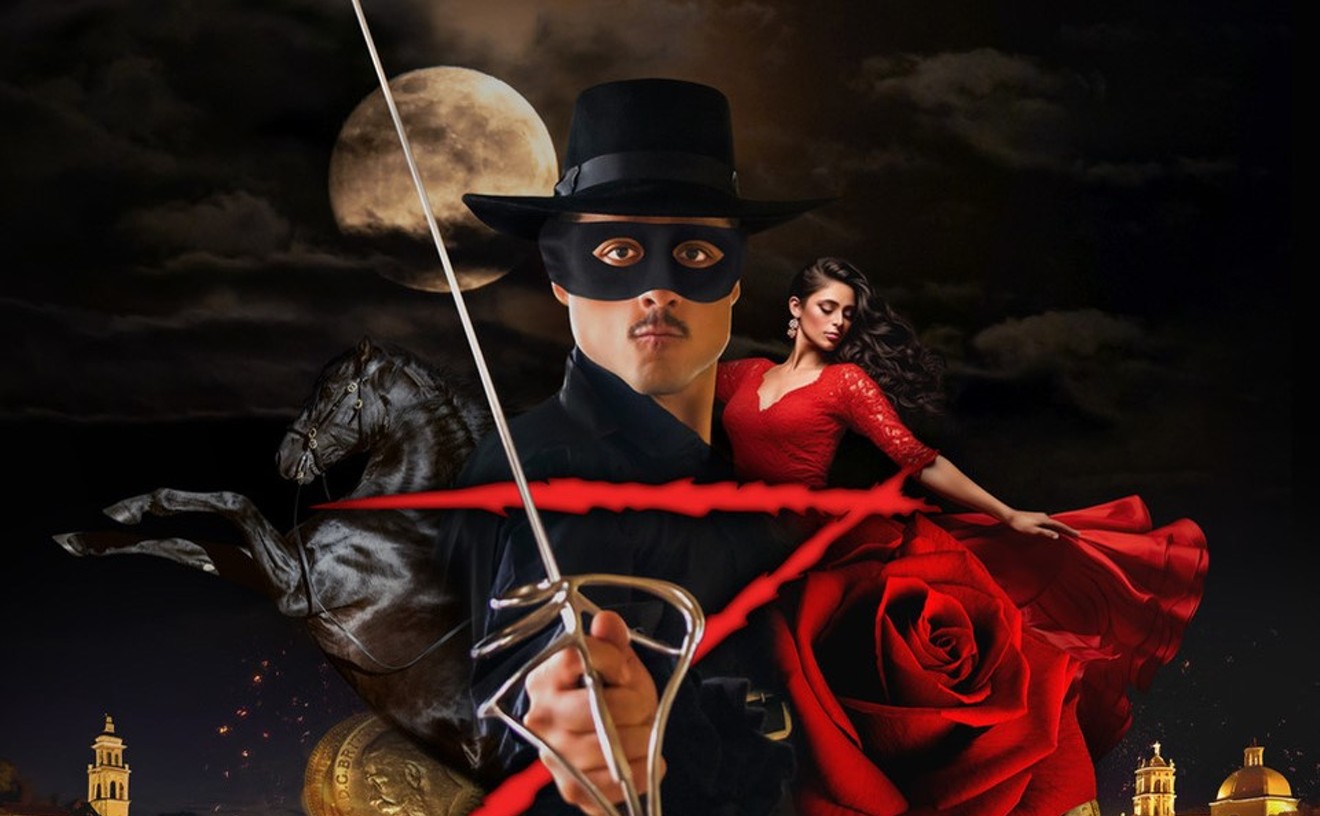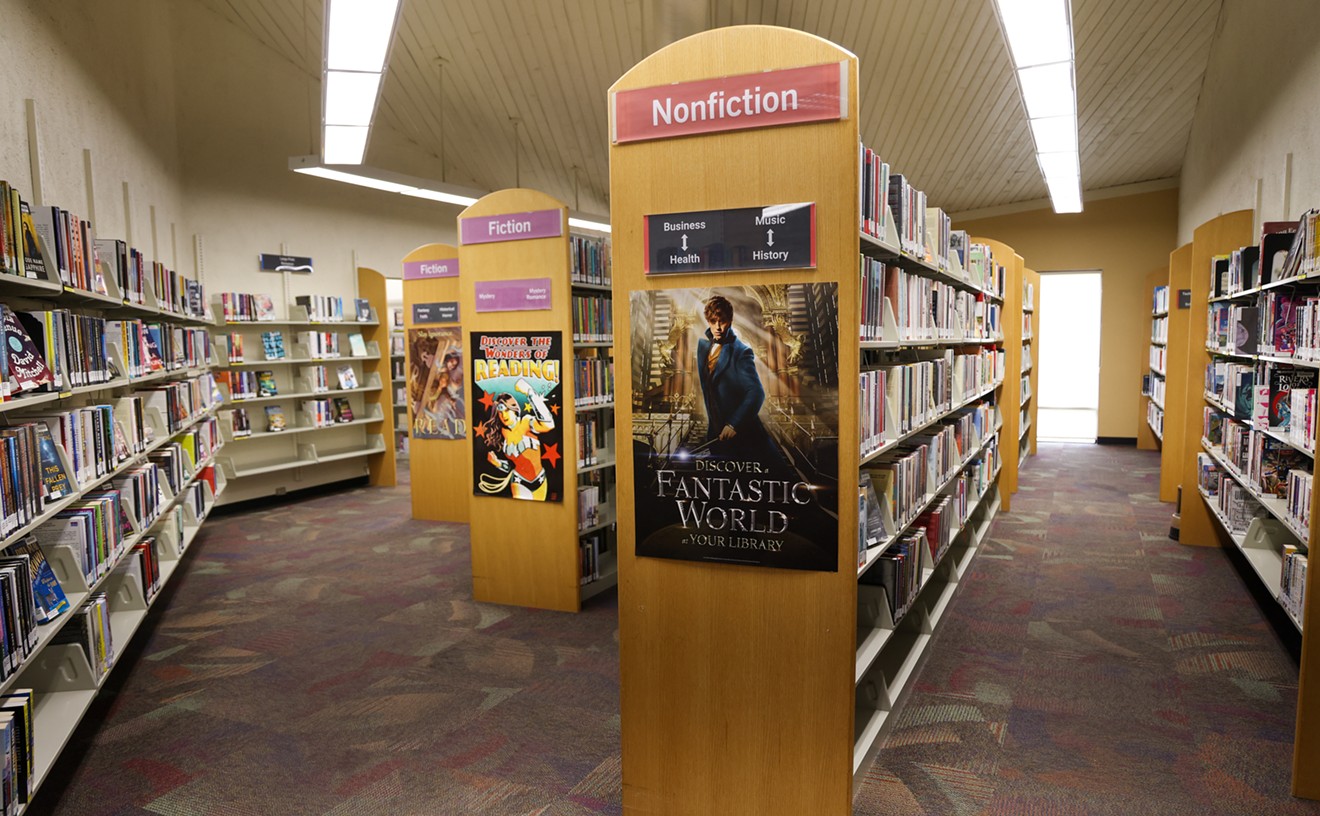When it comes to TV adaptations of sci-fi and fantasy novels, Terry Brooks, author of The Elfstones of Shannara, said it best at the Tucson Festival of Books: “The book is always better!”
But some book-to-TV adaptations are better than others. For every loving adaptation like Jonathan Strange and Mr. Norrell, there is an Earthsea, where the showrunners clearly did not pay attention to the source material, much less the subtext or authorial intent.
And with the current explosion of programming in the wake of Game of Thrones, your binge-watching time is at a premium. So let’s take a look at 15 sci-fi and fantasy book adaptations and how well they meet the standards of their book counterparts, ranked from worst to best.
The Winter Dragon (2015)
Based On: The Eye of the World by Robert Jordan
The Winter Dragon is just comical. When Jordan passed away in 2007, the TV rights to his “Wheel of Time” series were bought by Red Eagle Entertainment. When those rights were set to expire last year, the company released a hastily-produced, half-hour infomercial based on the six-page opening prologue from The Eye of the World, the first novel in the series. The “adaptation” starred Billy Zane, essentially reciting that prologue, and was purportedly shot in a single day the week before the rights were set to revert to Jordan’s estate. In an even odder twist, the director died in a car accident the day after production wrapped. It is as good as can be expected giving those circumstances — a crass attempt to hold onto intellectual property without actually doing anything with it.
Earthsea (2004)
Based On: A Wizard of Earthsea by Ursula K. Le Guin
Le Guin’s groundbreaking YA fantasy is rightly acclaimed as one of the foundations of the genre. And the announcement of this miniseries adaption by the SciFi channel met with excitement in the wake of Lord of the Rings’ success. Alas, the tale of Ged, a young student at a magic school who eventually becomes a powerful and scorned mage, was universally condemned upon its release. And the loudest voice criticizing the miniseries was Le Guin herself. The acclaimed author was excluded from the show’s development despite being credited as a consultant. She went so far as to pen an open letter to her fans disavowing the adaptation, and excoriating the producers for their indifference to her material, especially by whitewashing her dark-skinned characters.
The Dresden Files (2007)
Based On: “The Dresden Files” series by Jim Butcher
These novels about a magical private investigator living in Chicago form one of the archetypal urban fantasy series, so the announcement that SciFi would adapt it for TV in 2007 met with excitement from the fans of the bestselling titles. Pity SciFi botched its handling of the series on near-Firefly levels. The initial pilot stayed close to the original novel, Storm Front, but that episode ended up being delayed and recut to the point it didn’t fit with the rest of the short series run. The rest of the episodes strayed further from the series, incurring fan ire and failing to build a following. The show ended up getting scrapped after one season. The books continue to top bestseller lists, however.
Legend of the Seeker (2008-2010)
Based On: The Sword of Truth” series by Terry Goodkind
There's an old joke about the two most influential books on teenage boys being Atlas Shrugged and Lord of the Rings. With Legend of the Seeker, you get the best of both worlds. Applying Rand’s Objectivist philosophy to a sword-and-sorcery setting, Goodkind’s series has been polarizing fantasy fans for more than 20 years. The Sam Raimi-produced TV series toned down the Randian politics (and the graphic sex) in favor of a more straightforward sword-and-sorcery approach. While the show lasted two seasons, it never garned much attention, often comparing unfavorably to Raimi’s '90s hits, Hercules: The Legendary Journeys and Xena: Warrior Princess.
Childhood’s End (2015)
Based On: Childhood’s End by Arthur C. Clarke
Clarke’s tale of a benevolent alien invasion, provoking mankind’s evolution to a Utopian society at the expense of its humanity is one of science fiction’s true masterpieces. Concepts from the novel formed the basis for 2001: A Space Odyssey, and inspired bands like Pink Floyd and Genesis. Sadly, the SyFy miniseries fell short of expectations, ditching the philosophical ruminations and Cold War paranoia of Clarke’s novel for an X-Files-esque mystery about alien invaders. Charles Dance (Tywin Lannister from Game of Thrones) shined as the alien supervisor Karellen, however.
Shannara Chronicles (2016-)
Based On: The Elfstones of Shannara by Terry Brooks
The Elfstones of Shannara is a seminal work of post-Tolkien fantasy, topping the bestseller list in 1982 and ushering the era of “big fat fantasy” novels. MTV seemed like a strange fit for this adaptation, but Brooks was enthusiastic about the show. It has received a mixed response from fans, however. Given MTV’s target demographic, the show is geared more towards YA audiences rather than the older geeks who discovered the book 30 years ago, amping up the teen romance and lessening the adventure. Another common complaint is the post-apocalyptic setting of the series — there are subtle hints in the books that Shannara is Earth in the distant future, which become more pronounced as the series continues. The TV series places the post-apocalyptic setting front and center, with overgrown modern landmarks like Seattle’s Space Needle and a scene where the main characters watch Star Trek: The Motion Picture. It did resonate, however, and recently was renewed for a second season.
True Blood (2008-2014)
Based On: “The Southern Vampire Chronicles” by Charlaine Harris
True Blood started so well; unfortunately, it ran out of steam after a few seasons. With its stylish credits and brilliantly curated soundtrack, the tale of Sookie Stackhouse, a telepathic waitress in Bon Temps, Louisiana, and her vampire lover, Bill, was the latest in a string of HBO successes in 2008. As the show continued and the stories strayed from their source material, the quality declined. There were occasional flashes of brilliance in the later seasons, but overall the show remained popular before it wrapped up in 2014.
The Man in the High Castle (2015-)
Based On: The Man in the High Castle by Philip K. Dick
Philip K. Dick’s extensive catalog has provided grist for plenty of sci-fi movies, including Blade Runner, Total Recall, and A Scanner Darkly. Usually, the more mind-bending aspects of his stories are stripped out, however, and The Man in the High Castle is no exception. The TV show is an excellent alternate history about the Axis conquering America in World War II and the ensuing Cold War between Japan and the Nazis, and that is the basis for Dick’s story. However, his award-winning novel isn’t only about alternate history, but alternate realities, and it is also heavily indebted to the I Ching, which Dick purportedly used to write the novel. The metaphysical aspects of the book are only briefly touched upon as the first season wrapped up. Perhaps, they will be explored in greater detail as the series progresses. We’ll have to wait and see.
Frank Herbert’s Dune (2000)
Based On: Dune by Frank Herbert
Until SciFi’s miniseries, Dune was viewed as nearly unfilmable. Sure, Jodorowsky tried in the early '70s (his failure documented in the recent film Jodorowsky’s Dune), and David Lynch released a version in 1983 that played loose with Herbert’s story and featured a shirtless, overacting Sting. Director John Harrison’s goal was to make the miniseries as true to the novel possible. He succeeded, earning accolades and Emmy awards for the faithful adaptation, which starred William Hurt as Leto, the doomed patriarch of the Atreides family. But while Harrison delivered a version true to the original, it lacked the unique voice of someone like Jodorowsky or Lynch. A sequel, Frank Herbert’s Children of Dune, followed in 2003.
The Magicians (2015-)
Based On: “The Magicians Trilogy” by Lev Grossman
SyFy’s adaptation of The Magicians, which wrapped up its debut season on April 11, is problematic in some ways, but it is brilliant in others. The story of Quentin Coldwater, a depressed 20-something who discovers that magic is real, has been described as “Harry Potter meets Narnia with booze and sex,” which is an apt, if incomplete, description. The new show has taken several liberties with the narrative, intermingling plot points from the first and second novels to form an almost completely different story. The basics are still there, including memorable scenes involving foxes (if you’ve read the books, you know what we mean), but the series has gone in its own direction. While fans of the books may not recognize all of the story, the changes have worked, allowing the TV show to stand on its own.
Game of Thrones (2011-)
Based On: “A Song of Ice and Fire” series by George R.R. Martin
The sixth season of this HBO smash started on April 24, and fans are nervous. The previous five seasons have followed Martin’s sprawling novels, but with the current season, the TV show is hewing off on its own. So we really don’t know how it will compare from here on out. The previous seasons were pretty faithful to Martin’s novels, with a few notable exceptions. Some of the adjustments were purely logistical —changing the ages of the young characters, renaming characters whose names were too similar, and avoiding a mammoth battle due to budget constraints. But the showrunners have also made some problematic changes, upping the sex and violence in an already brutal series, and most notably changing some consensual sex scenes to rapes. These changes have sparked outrage on the Internet and calls to boycott the show. And with the upcoming season veering away from Martin’s story, who knows where it will end up?
11.22.63 (2016)
Based On: 11.22.63 by Stephen King
Hulu dived into the original series pool with this miniseries, based on King’s award-winning time-travel tale of a man attempting to stop the assassination of John F. Kennedy. J.J. Abrams produced and James Franco starred as Jake, who travels back to 1960 through a portal in a Maine diner, establishing a new life and discovering how his actions can affect the future, and just what would happen had Kennedy survived that fateful day in Dealey Plaza. Franco’s low-key performance drives the show in what is arguably the finest Stephen King TV adaptation (remember Anthony Michael Hall in The Dead Zone? Best not to.).
Jonathan Strange and Mr. Norrell (2015)
Based On: Jonathan Strange and Mr. Norrell by Susanna Clarke
The BBC has a history of adapting sci-fi and fantasy novels for the small screen. Usually, however, they were low-budget affairs like The Hitchhiker’s Guide to the Galaxy, which, while charming, did not age well. So this sumptuous adaptation of Clarke’s award-winning novel was a revelation. Fans of the BBC’s Jane Austen dramas and Masterpiece Theatre productions will find plenty to love in this sprawling Regency-era drama. The miniseries hews close to the book, which told the tale of the titular rival English magicians during the Napoleonic Wars. Like SciFi’s Dune before it, this production showed just how successful a close adaptation of an epic novel could be.
Outlander (2014-)
Based On: Outlander by Diana Gabaldon
Gabaldon’s time-travel fantasy romance comes to exquisite life in this sumptuous adaptation. The story centers on Claire, a World War II nurse who is transported through a magical portal to 18th century Scotland, where she becomes involved with a kilted Highlander and the Jacobite Revolution. The show has been compared to Downton Abbey for its exquisite attention to historical detail. It has also been hailed for its focus on Claire’s point of view during the prolific sex scenes. The author herself has praised the production’s dedication to her vision and story, complaining only that the climactic hot springs scene had to be left out of the show. The show is still in its infancy — the second season just started on April 9 — but if the quality stays at its current level, Outlander has a big future ahead of it.
The Expanse (2015-)
Based On: Leviathan Wakes by James S.A. Corey
One of the advantages of being a new show is that it doesn’t suffer from a decline in quality as the series continues (see True Blood). And The Expanse did not screw up at all during its debut season. Blending the political intrigue of Game of Thrones with the space-opera adventure of Firefly, the series is one of the highlights of SyFy’s newfound devotion to quality sci-fi programming. Set amidst an interplanetary cold war between Earth and Mars and rising terrorist activity in the asteroid belt, The Expanse follows a trio of plotlines leading towards an alien conspiracy threatening humanity, including an alcoholic detective on Ceres (Thomas Jane) investigating the disappearance of the daughter of a wealthy Earth industrialist; the survivors of an ice-hauling transport ship that was destroyed by a mysterious enemy; and an Earth diplomat trying to piece together the source of the deadly attack. Daniel Abraham and Ty Franck, the authors who write under the Corey pen name, are both protégés of George R.R. Martin, and they are actively involved in the production. This probably explains how true the show has stayed to the books, as well as its bloody politics. Here’s hoping The Expanse can continue the quality through its second season and beyond, because it is easily the best science fiction on TV in many years.
[
{
"name": "Air - MediumRectangle - Inline Content - Mobile Display Size",
"component": "18478561",
"insertPoint": "2",
"requiredCountToDisplay": "2"
},{
"name": "Editor Picks",
"component": "16759093",
"insertPoint": "4",
"requiredCountToDisplay": "1"
},{
"name": "Inline Links",
"component": "17980324",
"insertPoint": "8th",
"startingPoint": 8,
"requiredCountToDisplay": "7",
"maxInsertions": 25
},{
"name": "Air - MediumRectangle - Combo - Inline Content",
"component": "16759092",
"insertPoint": "8th",
"startingPoint": 8,
"requiredCountToDisplay": "7",
"maxInsertions": 25
},{
"name": "Inline Links",
"component": "17980324",
"insertPoint": "8th",
"startingPoint": 12,
"requiredCountToDisplay": "11",
"maxInsertions": 24
},{
"name": "Air - Leaderboard Tower - Combo - Inline Content",
"component": "16759094",
"insertPoint": "8th",
"startingPoint": 12,
"requiredCountToDisplay": "11",
"maxInsertions": 24
}
]











